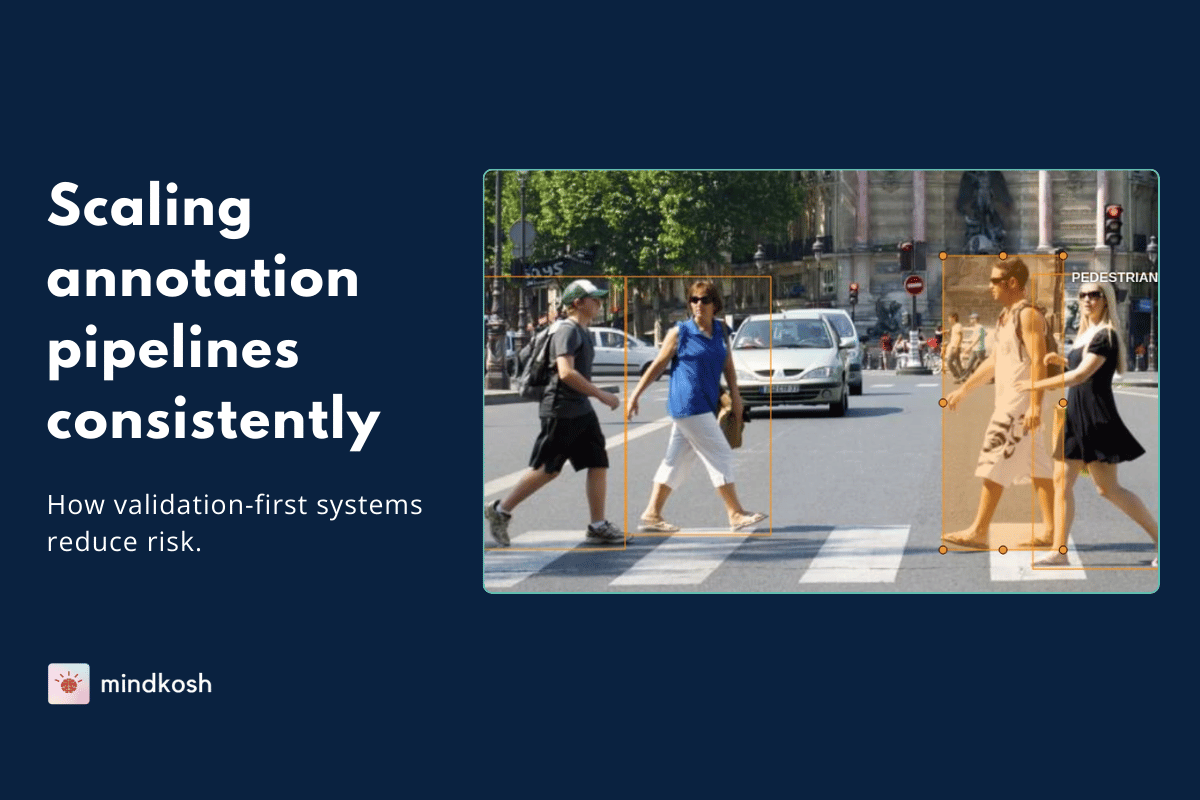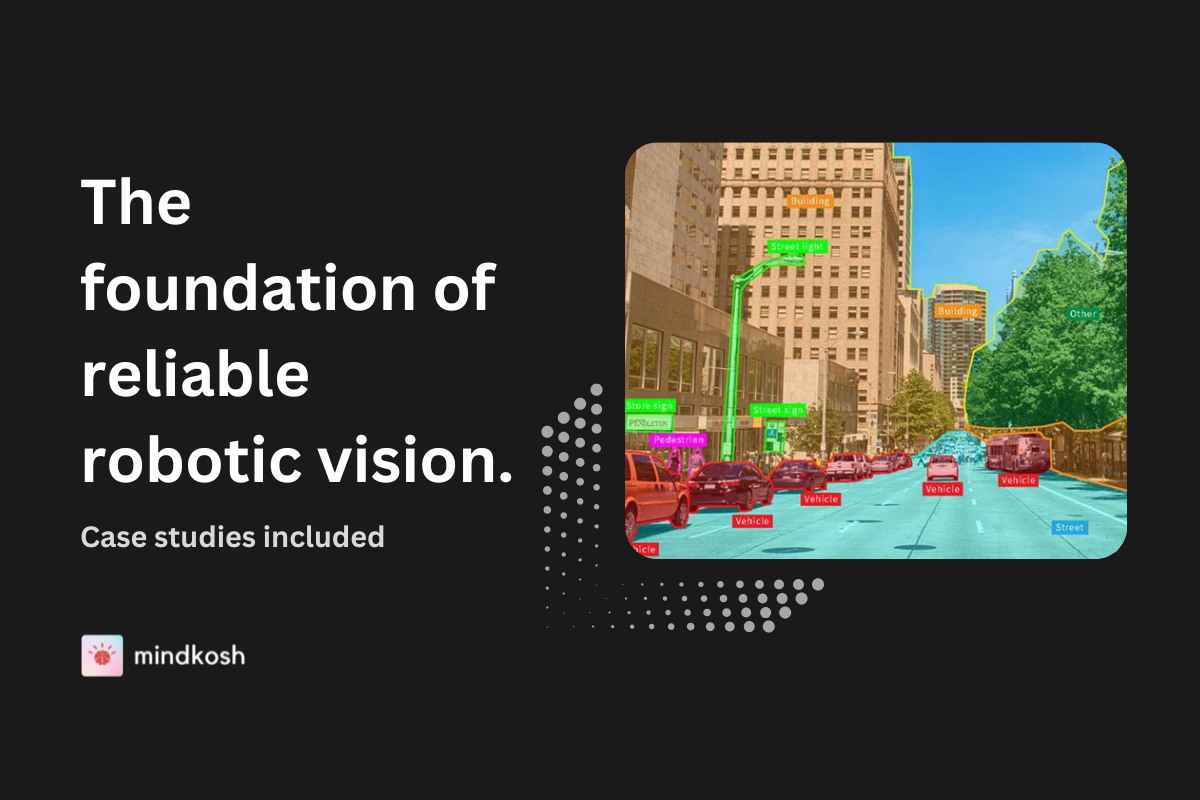
Machine Learning and Artificial Intelligence are taking over the world. As you embark on your journey to understanding more about these concepts, these books will serve as your faithful companions. We start with books that tackle the concepts gently - without delving too much into details and avoiding the underlying Math. As we move further down the list, the books become more and more detailed. Happy reading!
Naked Statistics: Stripping the Dread from the Data
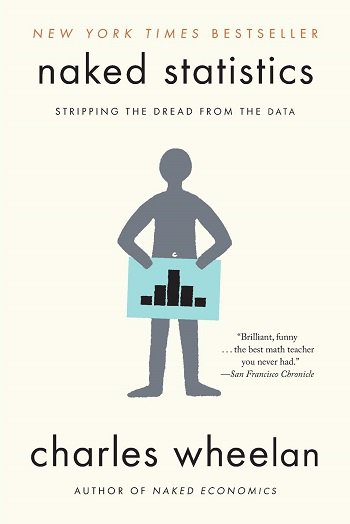
By Charles Wheelan | 304 pages
Naked Statistics is like an introductory course on Statistics. It is a remarkably accessible read that uses tons of examples from real-world applications, ranging from Netflix’s recommendation engine, to football, and education. It is very likely, that by the end of this book, you will be convinced that statistics is far from abstract, and one of the most effective tools in dealing with a wide variety of questions and problems.
This is a beginner book however. So do not expect to delve too deep into complicated concepts. Rather, you can expect to understand basic concepts like mean, median, standard deviation, correlation, regression and the central limit theorem.
Practical Statistics for Data Scientists
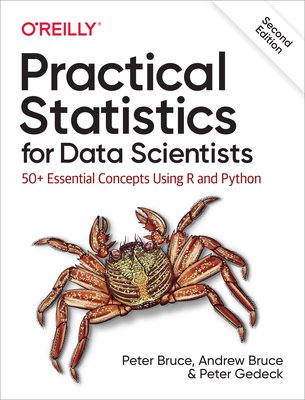
By Andrew Bruce, Peter C. Bruce, and Peter Gedeck | 425 Pages
This book is for you if you: Come from a technical background and need to learn more about statistics, or come from an academic background and have a lot of theoretical knowledge in statistics, but don't have a lot of practical experience using that knowledge. The book explains some of the main concepts in statistics like t-tests, distributions and Machine Learning and then shows you how they work in practice using Python and R. It’s a good intermediate level book that focuses on application, not theory.
It is highly recommended that you work out the code and examples given in the book on your own. This will reinforce the concepts you learn throughout the book, and also give you a feel of how they are actually applied in practice.
Deep Learning
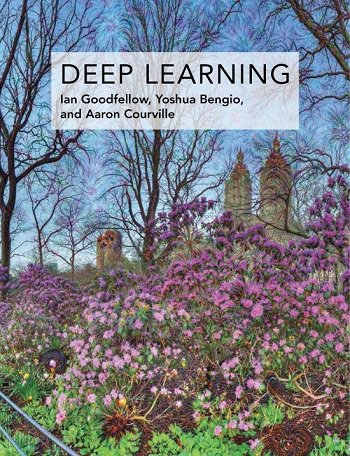
By Aaron Courville, Ian Goodfellow, and Yoshua Bengio | 800 pages.
Deep Learning is an amazing reference for deep learning algorithms. It doesn’t contain much code, but has great insights about how one should approach problems with machine learning. It covers virtually all currently used techniques.
The book is essentially an introduction to a broad range of topics in deep learning, covering mathematical and conceptual background, deep learning techniques used in industry, and research perspectives.
“Written by three experts in the field, Deep Learning is the only comprehensive book on the subject.”
—Elon Musk
The Hundred Page Machine Learning Book
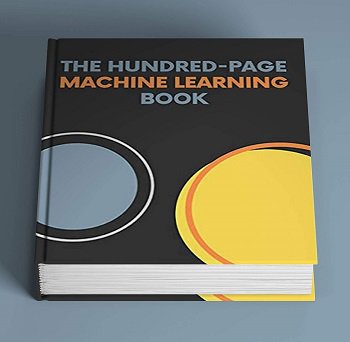
By Andriy Burkov | 100 pages.
A Math book about Machine Learning. It serves as a Math primer to understand the concepts of Machine Learning. The explanations are clear and simple, yet precise. It should be one of the first books you read when starting your journey in machine learning. Especially if you are already familiar with the mathematics and its notations.
If you are not that familiar with the math, perhaps first read one of the above books to brush up your understanding of the basic concepts and algorithms in Machine Learning.
Pattern Recognition and Machine Learning
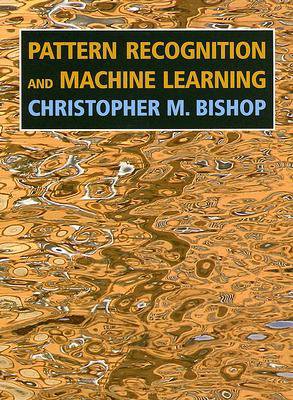
By Christopher Bishop | 738 pages.
A core textbook recommended to students in most Machine Learning courses. It provides a comprehensive introduction to the fields of pattern recognition and machine learning. It is aimed at advanced undergraduates or first-year PhD students, as well as researchers and practitioners. No previous knowledge of pattern recognition or machine learning concepts is assumed. This is the first machine learning textbook to include a comprehensive coverage of recent developments such as probabilistic graphical models and deterministic inference methods, and to emphasize a modern Bayesian perspective. It is suitable for courses on machine learning, statistics, computer science, signal processing, computer vision, data mining, and bioinformatics.

